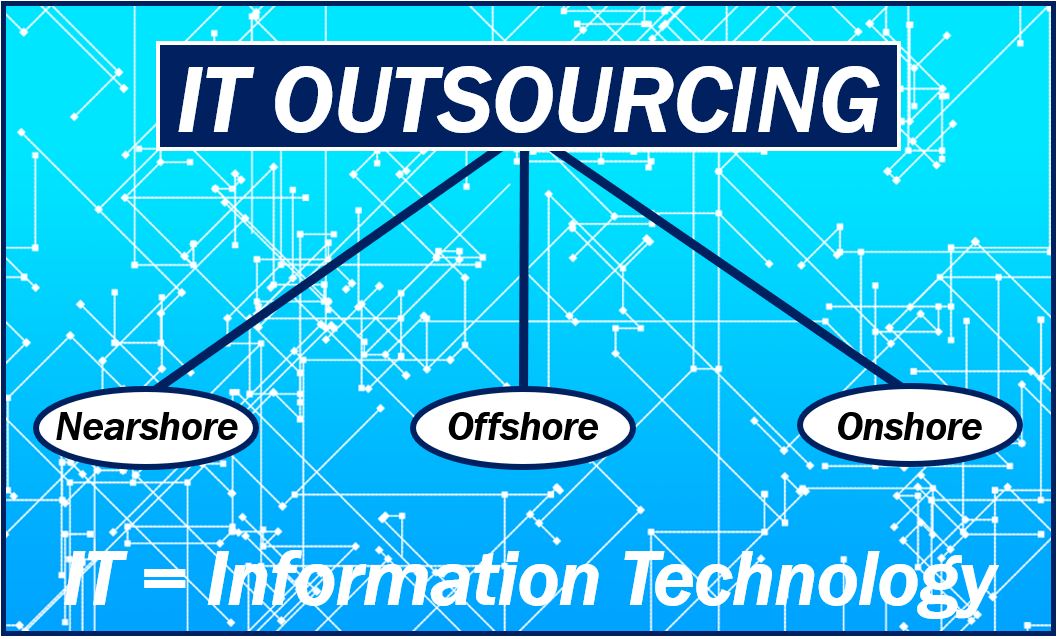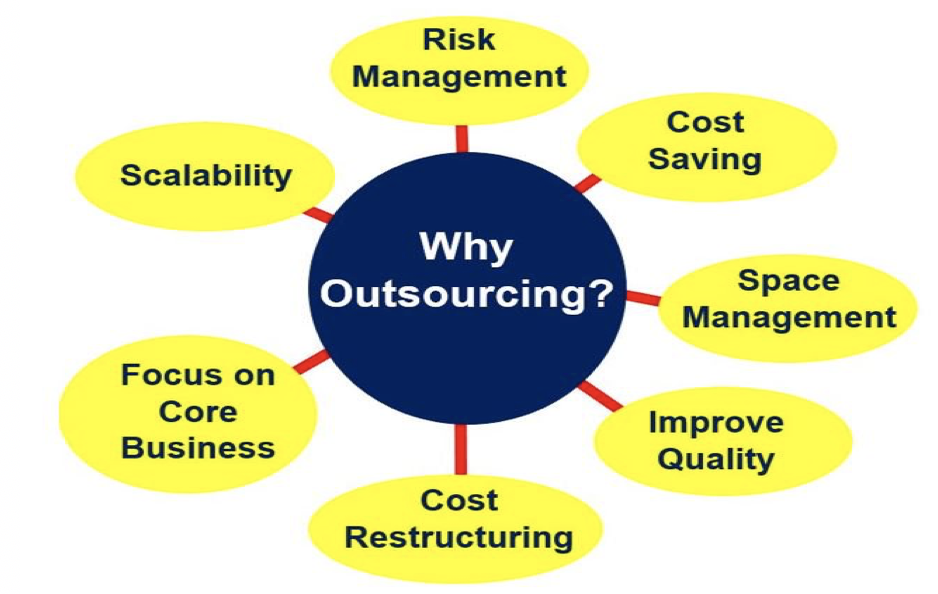Few companies can operate fully independently. Rather, the majority of small, medium, and large businesses work closely with suppliers as contractors or strategic partners. These arrangements enable companies to operate more efficiently and cost-effectively.

Previously, many firms outsourced some functions primarily to achieve cost reduction but there is an emerging focus on improving business performance.
On the other hand, determining when and how to outsource IT can be daunting, especially for small businesses. Different outsourcing strategies yield varying outcomes.
According to Altera Solutions, these strategies play an integral role in influencing organizational control mechanisms.
Leveraging the benefits of IT outsourcing
Information technology is a vital component of business initiatives like knowledge management, digital distribution channels, resource management, and various aspects of day-to-day operations. For this reason, you need to make your partnerships or IT outsourcing contracts work better for your organization.
Enlisting the services of a reputable IT firm is a viable option if your business cannot afford an internal tech team or you need specialized support to handle larger projects. Contracting an external service provider can also help you take advantage of the latest technologies, a larger team of highly qualified IT experts, and high-end external infrastructure.
Information technology companies can handle the following aspects of IT:
- Cybersecurity
- Systems monitoring
- Hardware troubleshooting
- IT consulting, disaster
- Data and file migration
- Breach detection
- Procurement assistance and IT asset management
- Strategic planning and training
To maximize the benefits, align your technology needs with the right IT firm. Also, ensure that the agreement provides flexibility and enables you to retain control of your projects.

Preventing poor IT outsourcing outcomes
According to a research study published on the Massachusetts Institute of Technology (MIT) website, poor outsourcing outcomes can be due to the failure to define the objectives for outsourcing. The study also attributed the issue to the failure by businesses to ensure the flexibility of contracts.
Companies need to align the partnership or contract with strategic targets. The flexibility of IT outsourcing contracts makes it easier to customize terms of the agreement to match changes in the business or technology. Likewise, you should select the right vendor with the requisite capabilities to ensure positive outcomes.
In some cases, it can be beneficial to incorporate performance measures based on a specific project’s requirements. You can also consider implementing compensation schemes linked to pre-determined deliverables.
However, incorporating cost minimization thresholds into your contractual metrics may not be practical when aiming to develop new innovative IT solutions. Instead, you need to provide incentives for the service provider to produce brilliant results that help your company gain a competitive advantage in your sector.
Offering rewards for exceptional workmanship is a prudent choice given that the vendor undertakes considerable risks associated with innovation.
When your intentions for outsourcing IT functions cover multiple objectives, it becomes vital to formulate management mechanisms and to draft contracts capable of addressing the additional complexity. In such cases, both informal and formal aspects of the partnership should be adaptable to match the changing intent.
Most information technology executives understand how dramatically the objectives of an IT project can change. The changes can affect the implementation of the outsourcing agreement. For instance, the objectives may expand from improving migrating technology assets to delivering bottom-line business benefits.

Cost considerations
The failure to anticipate and accommodate possible changes into the contract can affect the nature and outcome of the outsourcing relationship. As the client procuring managed IT services, you should be aware of the economics linked to the delivery of information services.
The economic aspects encompass the costs of delivering IT services. In turn, the cost structure impacts directly or indirectly certain risks to both parties. It is prudent to offer incentives like performance-based payments and asset transfers.
The pricing of IT services is an essential part of outsourcing contracts. Vendor compensation can be based on fixed monthly fees or per project. Some of the pricing schedules are negotiated annually. Predetermined pricing may not reflect future changes as dictated by business or technology conditions.
When signing up for a contract, you should initiate a competitive service provider selection process. Doing so allows you to identify competitive prices and competent vendors with the requisite capabilities and IT experience. Also, consider incorporating frequent benchmarks into the contract to ensure positive outcomes.
Benchmarks promote the adoption of best practices. On the other hand, flexible contractual agreements provide space for the renegotiation of prices if project requirements technology and business conditions change. A well-formulated agreement takes into account the risks and uncertainty inherent in the delivery of outsourced IT services.
If you feel that there is uncertainty in your IT requirements over time, it is best to opt for a partnership agreement. However, this approach necessitates the establishment of contractual specificity to avoid gray areas. Conversely, a relationship based on contractual elements is more desirable if your outsourcing objectives are well defined and observable.

Business impact
Many small and medium businesses find it difficult to develop a combination of business and technical skills to leverage the full power of technology. As such, they need to find mature IT firms to help manage and implement information technology projects to improve business results. Technology experts define this strategic intent as a business impact.
The main objective of business impact is to leverage IT and achieve operational efficiency. To improve business performance, familiarize yourself with the relationship between information technology and business processes. Also, strive to understand your organization’s ability to change key operational aspects and implement new systems at the same time.
When done properly, this form of outsourcing yields new capabilities that connect information technology to business results rather than purely tech outcomes. To maximize the benefits of outsourcing for business impact, focus on developing complementary capabilities and skills. This approach is more beneficial than simply relying on the technical expertise of the vendor’s team.
Research studies have shown that many businesses struggle to develop new IT capability while focusing on competing in the digital space. For this reason, it becomes important to partner with a mature IT firm to develop complementary skills. This type of relationship yields both business and technology benefits for both parties.
Interesting related article: “What is information technology?“

